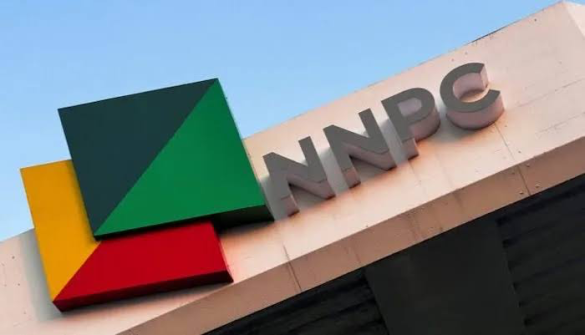KEY POINTS
- The Presidency has denied reports of Bayo Ojulari’s resignation from NNPC amid a $21 million corruption scandal.
- Civil society groups accuse him of economic sabotage, while others defend his reform efforts as disruptive to vested interests.
- Whistleblower accounts, refinery shutdowns, and missing remittances have deepened scrutiny of Ojulari’s leadership.
Nigeria’s Presidency on Saturday firmly denied reports claiming that Bayo Ojulari, the Group Chief Executive Officer of the Nigerian National Petroleum Company Limited, NNPC Ltd, has resigned under pressure.
The statement follows a swirl of allegations tying the energy boss to a $21 million corruption scandal and a wave of civil society protests.
A senior source close to the Presidency dismissed the reports as “false and rubbish,” accusing certain online publications of fueling misinformation.
Ojulari, who was appointed by President Bola Tinubu in April 2025 to reform the national oil company and rebuild investor confidence, is still in charge, the official confirmed.
The resignation rumors gained traction after reports alleged Ojulari had been pressured by the Economic and Financial Crimes Commission (EFCC) to step down following emerging corruption claims.
But the Presidency’s denial casts fresh doubt on the authenticity of these reports.
Reformist or Saboteur? Street Protests, Corruption Allegations Put NNPC Boss Under Fire
Ojulari’s reform agenda—marked by real-time audits, fuel supply stabilisation, and contract transparency—has earned him both praise and protest. Civil society groups such as OilWatch Nigeria and the Workers’ Rights Alliance have demanded his immediate arrest over claims tied to the prolonged refinery shutdown and alleged privatisation plots.
At the center of the storm is a $21 million kickback scandal involving oil traders and pipeline contractors. Whistleblower testimony suggests the funds were traced to an account managed by an associate of Ojulari, prompting EFCC intervention and account freezing.
Further complicating matters, Abdullahi Bashir Haske, a detainee reportedly close to Ojulari, allegedly confessed to holding the funds on his behalf.
The coalition of protest groups launched a coordinated three-day demonstration beginning August 1 at the National Assembly, NNPCL headquarters, and EFCC offices, citing economic sabotage and abuse of office.
Ojulari’s defenders, however, argue the backlash is politically driven. The Coalition for Good Governance and Change Initiatives (CGGCI) and Human Rights Writers Association of Nigeria (HURIWA) say the reformist CEO is being targeted by powerful interest groups unsettled by his efforts to clean up NNPCL operations.
“Under his leadership, NNPCL has implemented real-time monitoring, plugged contract loopholes, and taken steps to end fuel scarcity,” said one CGGCI spokesperson. “This witch-hunt must stop.”
Still, critics point to a series of controversial decisions under his tenure—including a reportedly extravagant retreat in Kigali featuring private jets—as signs of poor judgment and tone-deaf leadership. Anonymous insiders have also described a toxic work culture that allegedly led to multiple staff departures.
The embattled oil executive also faces lingering scrutiny over a ₦500 billion shortfall in remittances flagged between October and December 2024, with watchdog group SERAP petitioning anti-graft agencies to dig deeper.



